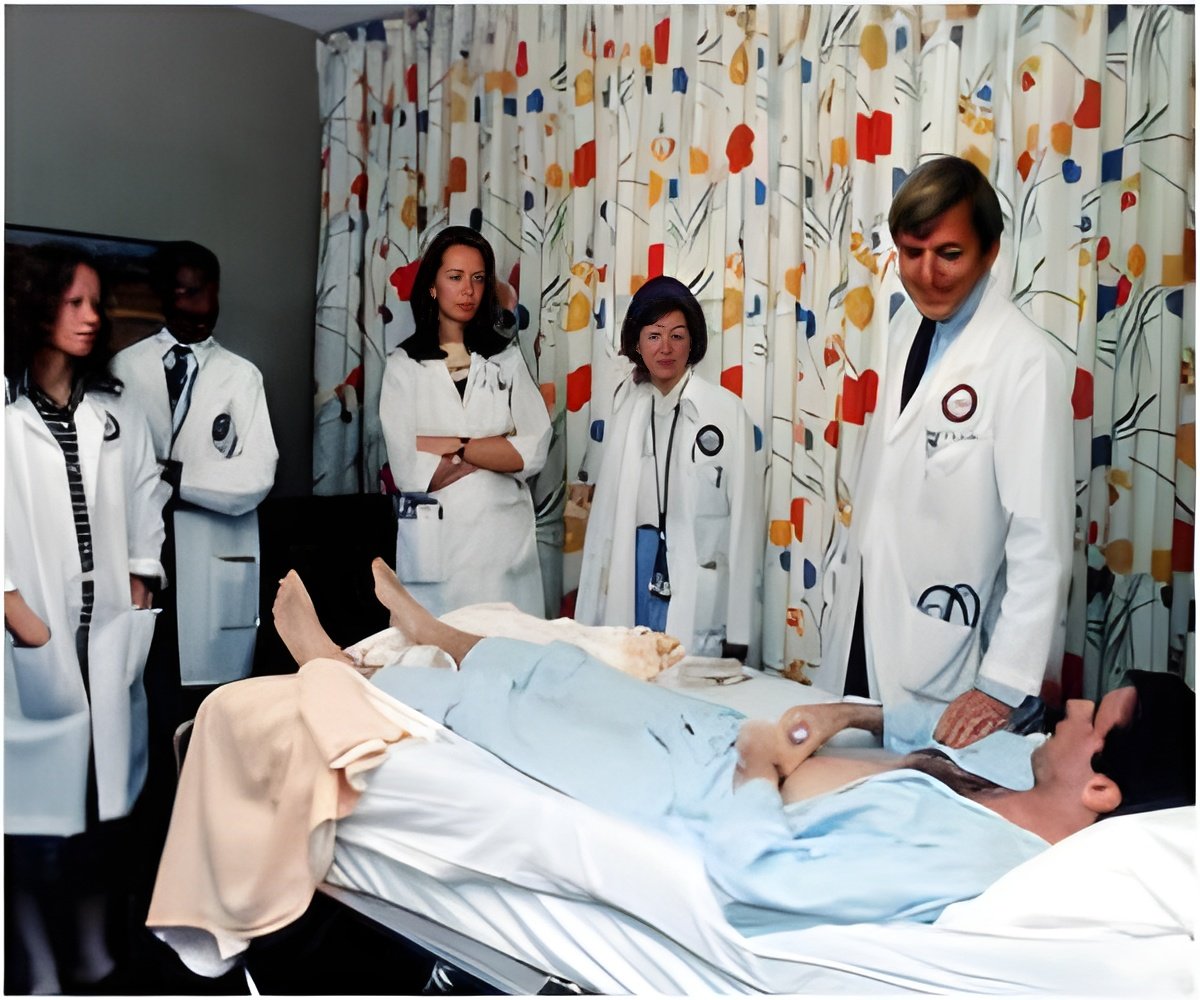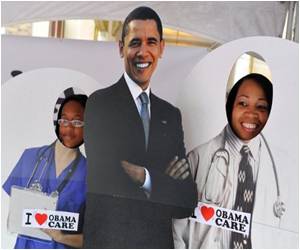
"Taken together, these papers elucidate a broad range of considerations and point out new areas of research to discover how best to improve ethics literacy among scientists, health care practitioners, and the public." The three published essays discuss bioethics education for nurses, doctors, and medical students.
• "Enhancing Moral Agency: Clinical Ethics Residency for Nurses" describes a program developed and run by two large northeastern academic medical centers to increase nurses' moral agency–an enhanced ability to bring about change–in order to improve patient care. An insight from the program is that having knowledge of clinical ethics is not enough to develop moral agency.
In addition to classroom lectures on ethics, the program incorporated role-play and simulation, clinical mentorship, and quarterly sessions in which graduates have the opportunity to build confidence in their agency and the skills to act on their insights. Ellen Robinson, a nurse and ethicist at Massachusetts General Hospital, and her co-authors, conclude that the program met its goal of improving nurses' agency and "demonstrated early evidence of a positive effect on patient care."
• "Emerging Ethical Issues in Reproductive Medicine: Are Bioethics Educators Ready?" discusses an empirical study of educators involved in graduate-level training and physicians who deliver reproductive health care. The study revealed a mismatch between the reproductive ethics issues that the bioethics educators consider most important and the ethical dilemmas that the doctors face in daily practice. The authors, led by Ruth M. Farrell, a physician and ethicist at Cleveland Clinic and Case Western Reserve, recommend that the bioethics and medical communities work together to develop appropriate content in bioethics curricula. They also recommend fuller integration of clinical consultation into the practice of reproductive medicine.
• "On Cultivating the Courage to Speak Up: The Critical Role of Attendings in the Moral Development of Physicians in Training" uses two cases to illustrate the limitations of formal ethics education and the need for attending physicians and health care institutions to produce a cultural environment where physicians-in-training are invited to voice their views about patient care and where they will feel safe doing so. The cases come from the experience of the author, Divya Yerramilli, a medical student at the University of Pennsylvania. In the first case, the attending physician stifled discussion of an ethical dilemma in the care of a patient with widespread ovarian cancer. In the second case, the senior attending physician encouraged medical students and others to voice their views about an ethical decision involving a patient with alcoholic liver disease and liver failure. Although medical students receive classroom instruction in ethics, Yerramilli writes that without ethical discussion of patients in the clinic, and the welcoming of diverse views, the classroom ethics lessons will be unlearned.
Advertisement
Advertisement









